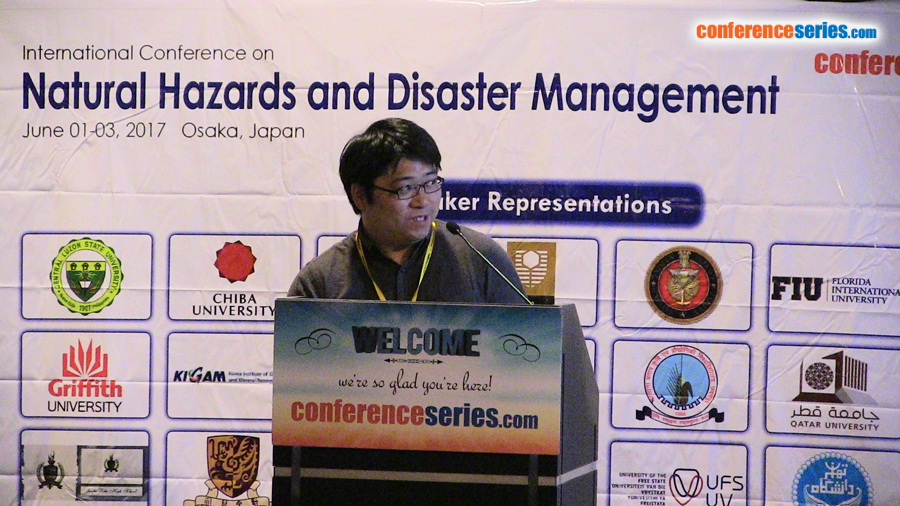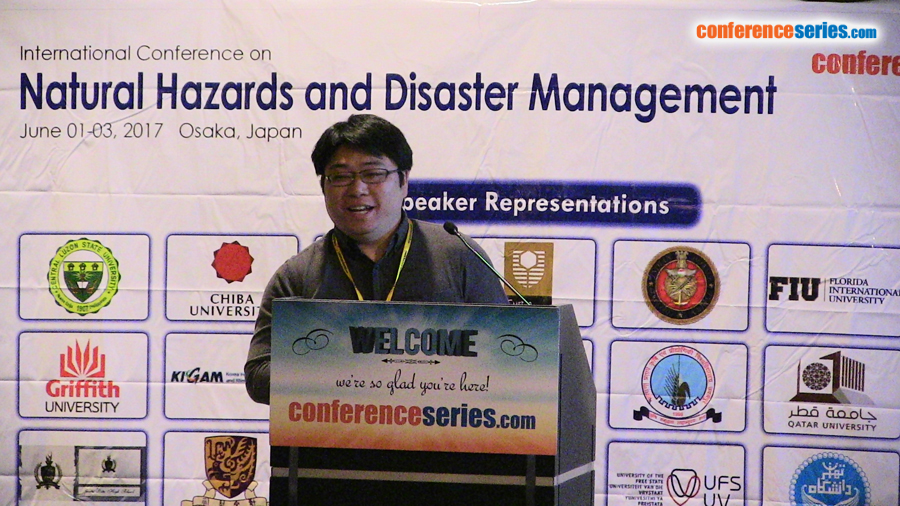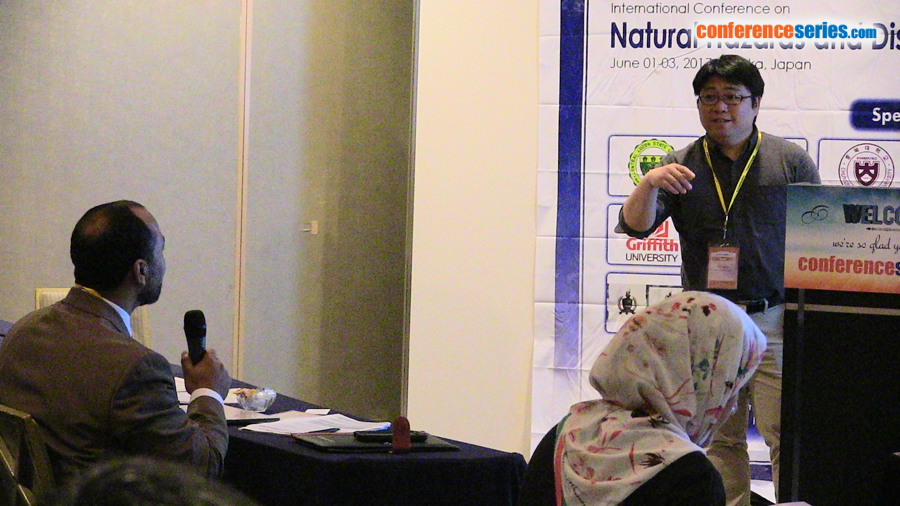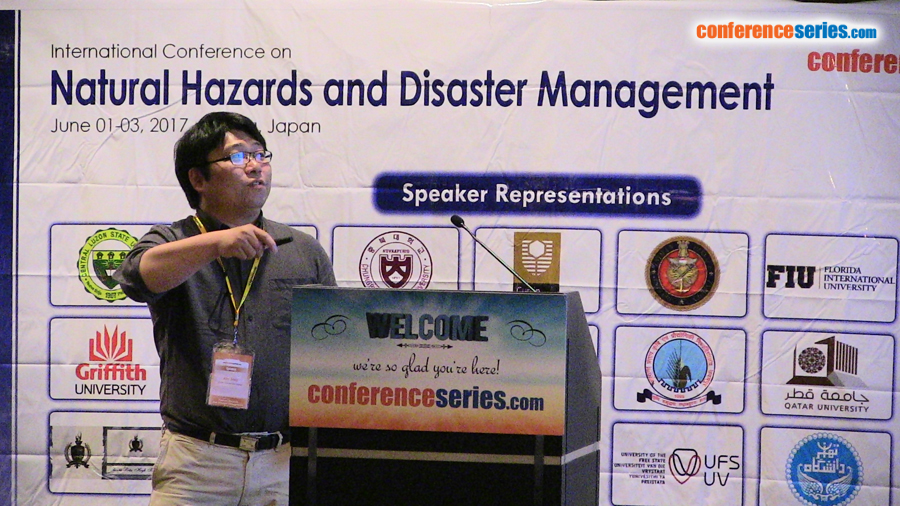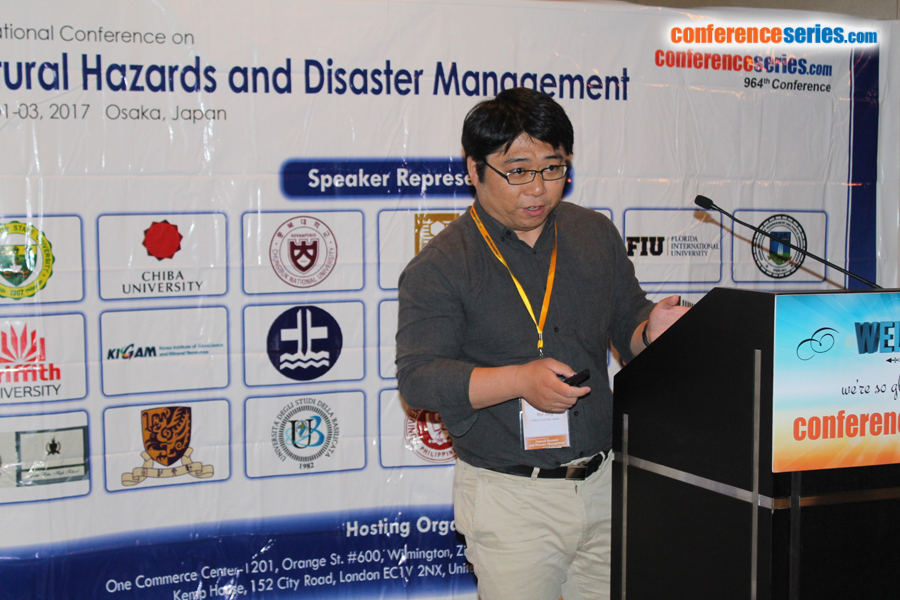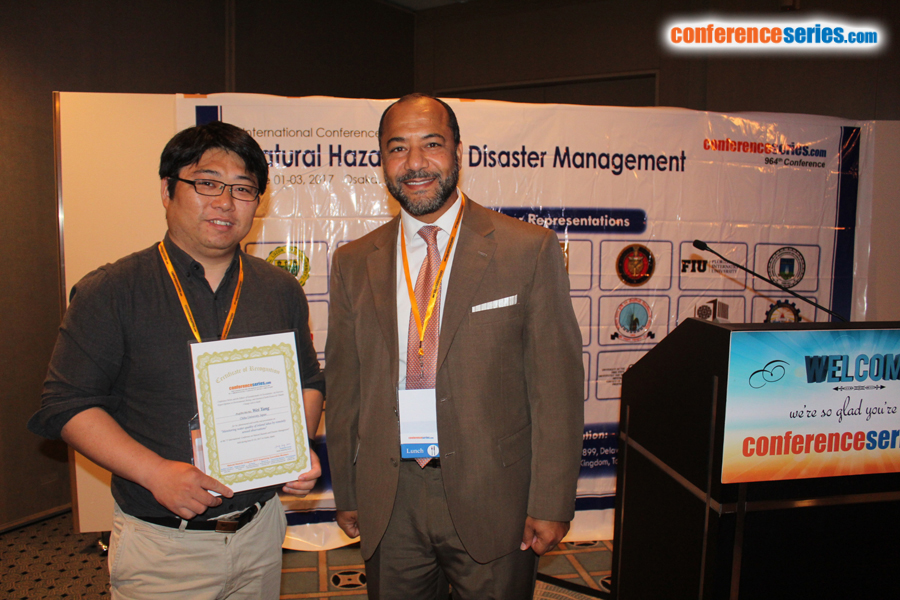
Wei Yang
Chiba University, Japan
Title: Monitoring water quality of inland lakes by remotely sensed observations
Biography
Biography: Wei Yang
Abstract
Accelerated eutrophication of inland waters is becoming a significant environmental issue all over the world. The sustainable management of freshwater ecosystems requires routine monitoring of water quality. However, the spatial and temporal heterogeneity of water bodies coupled often result in inadequate monitoring and characterization of water quality using conventional sampling methods. Remote sensing techniques are very useful for monitoring inland waters in terms of being able to cover large spatial areas at very frequent intervals. From the perspective of remote sensing, global waters can be classified into two types: Case 1 and case 2. Case 1 waters are those dominated by phytoplankton (e.g., open oceans), while case 2 waters are waters influenced not only by phytoplankton but also by other substances that vary independently of phytoplankton (e.g., some coastal and inland waters). The remote sensing of case 2 waters has been far less successful than that of case 1 waters, due mainly to the complex interactions among optically active substances in the former. In this presentation, I will introduce a series of remote sensing algorithms we proposed recently to estimate water quality parameters, including concentrations of chlorophyll-A, suspended solids and colored dissolved organic matters, as well as transparency and Euphotic zone depth. These algorithms have been widely validated using extensive field collected data sets, and can overcome the difficulties in remote sensing of highly turbid inland lakes. A case study on satellite-based operational monitoring of chlorophyll-A concentrations in a lake of Japan will also be presented. Evaluation results demonstrated that the proposed algorithms have the potential of being applied to operationally monitor water quality of inland lakes.
Speaker Presentations
Speaker PDFs
Speaker PPTs Click Here

